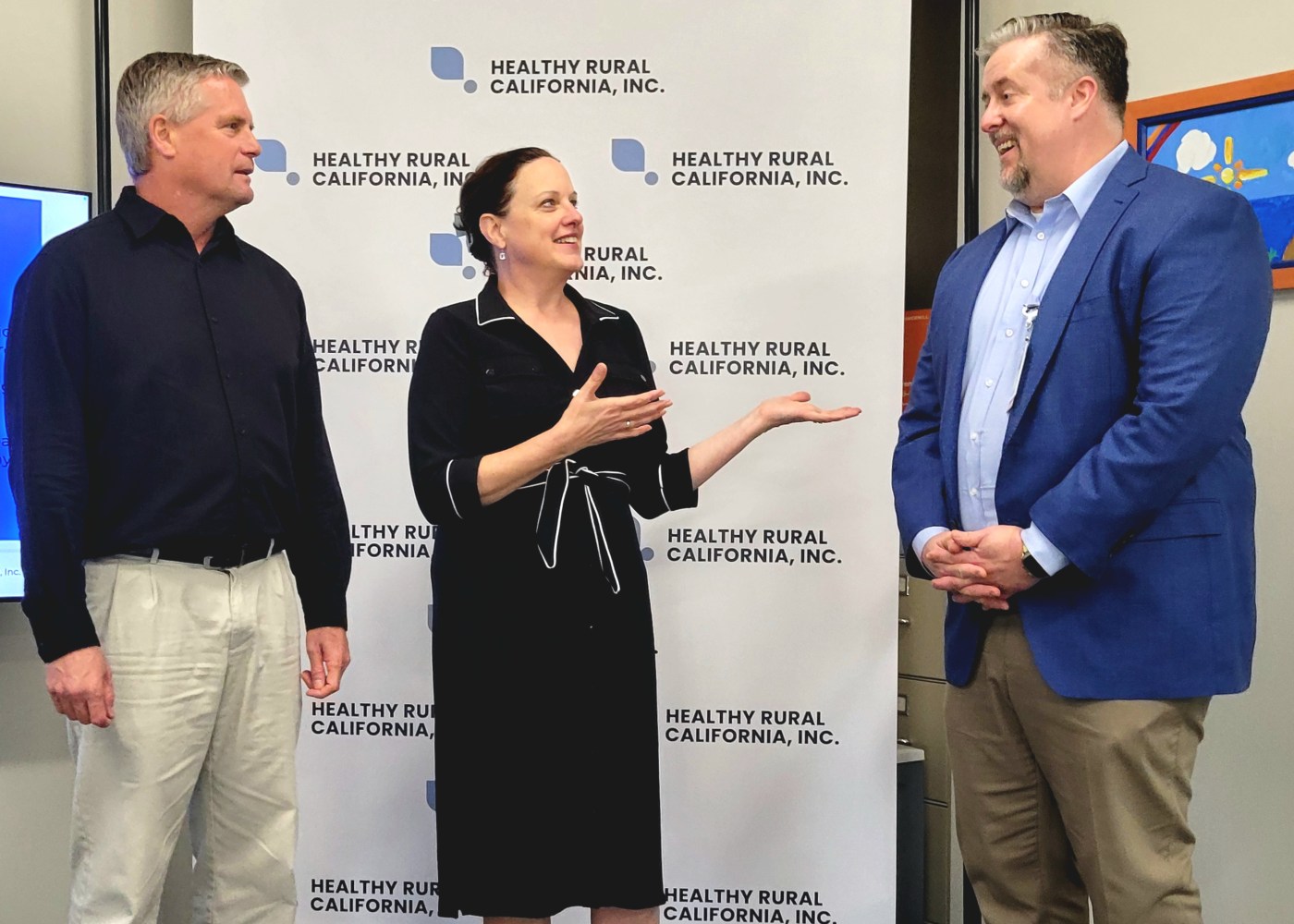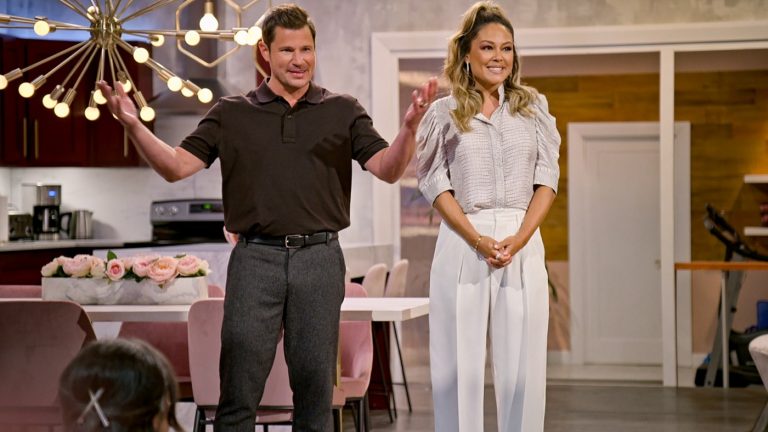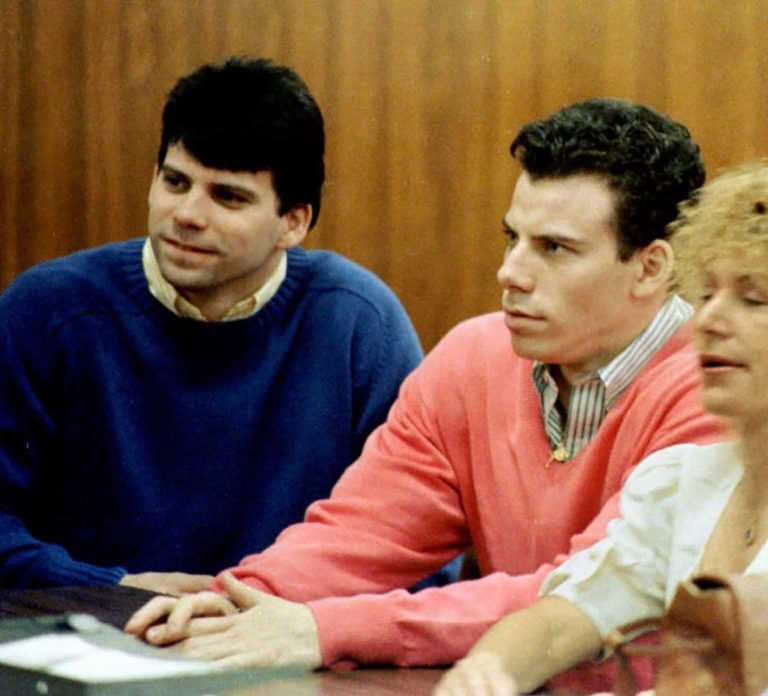CHICO — Though Chicoans traditionally celebrate Pioneer Days in May, local medical leaders gathered Thursday in an office in Meriam Park to celebrate four pioneers who will help blaze a trail for future doctors.
Healthy Rural California, a nonprofit born of the Butte-Glenn Medical Society, announced the inaugural class for a residency program for psychiatrists in training who will come to Chico next year — when a second residency program launches for family medicine. HRC is exploring another residency, for internal medicine physicians, that could follow.
Thursday’s reveal culminated a process that began in 2019 involving a range of partners including Butte County Behavioral Health, Enloe Health and Assemblyman James Gallagher’s office, all represented at the announcement. Propelled by a $1.8 million state grant, HRC developed programs certified by the Accreditation Council for Graduate Medical Education.
“It’s important to do something to stabilize our medical community,” said Dr. Sean Maiorano, chief medical officer at Enloe Health. “We’re at a really unique opportunity (point) to grow our own and provide for our community and surrounding communities.”
Kristy Bird MaKieve, executive director of the Butte-Glenn Medical Society and CEO of HRC, introduced the first class of residents, who she nicknamed “the Fab Four” and noted all have connections to Northern California. Dr. Jasmine Gill is from El Sobrante; Dr. Leandra Padayachee, from Sacramento; Dr. Mira Parekh, Palo Alto, studying at UC Davis; and Dr. Nicole Wiecks, Sonoma County.
“These are pioneers,” MaKieve said.
Healthy Rural California announces its first class of psychiatry residents Thursday, March 28, 2024, in Chico, California. (Healthy Rural California/Contributed)
The new program drew 500 residents from around the world — “Mind-blowing,” Maiorano said — and interviewed 50. The four selected will come to Chico for an orientation June 17, spend a year in Sacramento, then return for two years with Butte County Behavioral Health and the wrap-up of their four-year residency. Four family medicine residents will join them next year for three years of training, all in the north state.
Once both programs have full complements, Chico will host 28 residents a year with an economic impact of $5 million to $6 million. But that’s not the primary benefit; Scott Kennelly, director of Butte County Behavioral Health, explained that 50% of residents stay to practice where they train.
The residencies already are boosting recruitment: Kennelly said multiple candidates chose to come here after expressing, “I want to teach. I want to give back.” Maiorano sees the same enthusiasm among his hospital’s medical staff.
That’s particularly important because rural areas such as the north state feel the shortage of health care providers most acutely. Primary care and psychiatry are particular needs. Kennelly noted his department had 10 in-person psychiatrists before the Camp Fire, COVID pandemic and retirements depleted the ranks. Now, Behavioral Health relies on telemedicine. A residency program provides what Maiorano describes as “a place to land” for up-and-coming doctors.
HRC is exploring the addition of internal medicine and the potential for other education programs, such as partnering with Chico State’s nursing school.
“Lots of good things ahead,” Makieve said.













+ There are no comments
Add yours